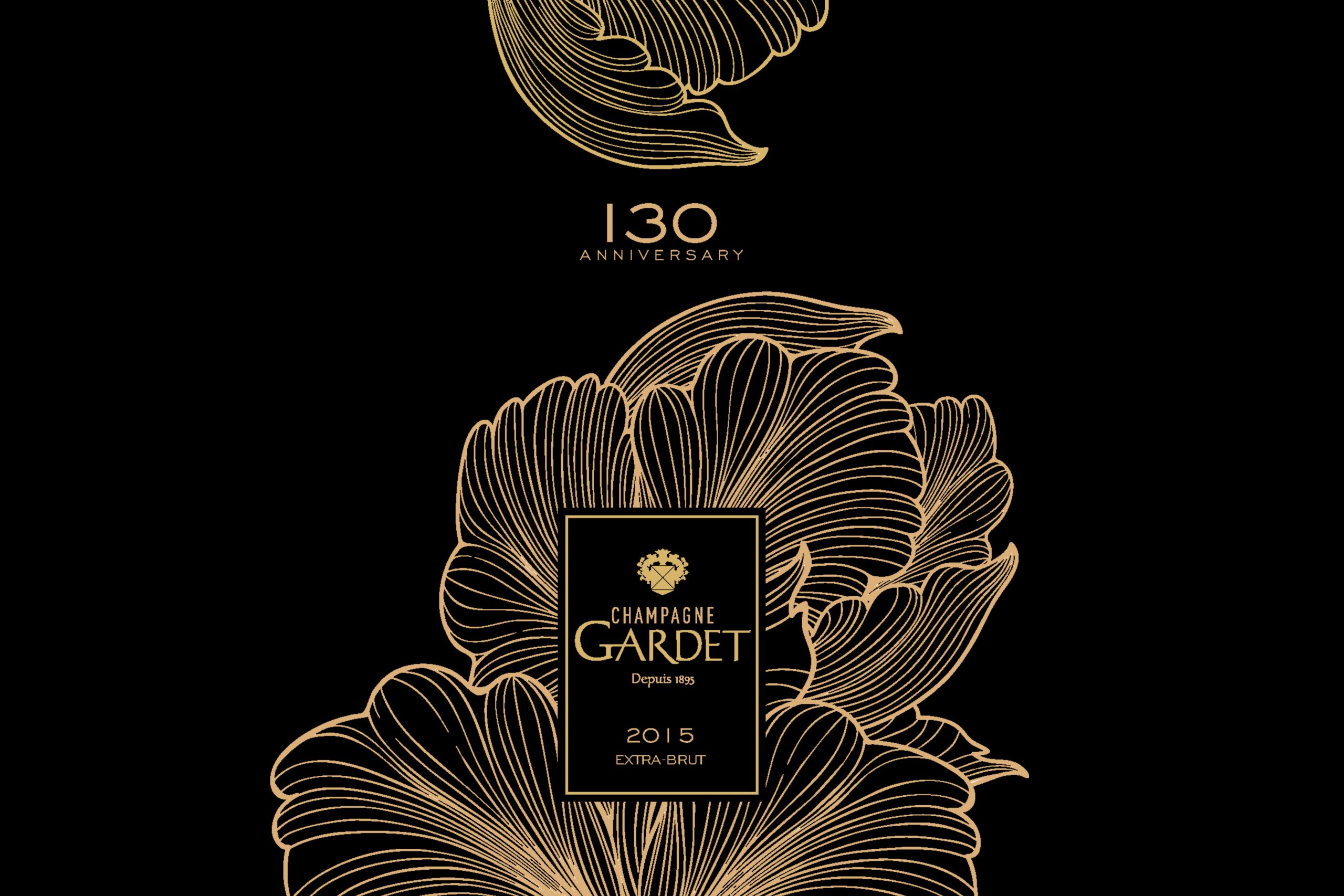Why craft breweries may stop selling their beers in Scotland
By Jessica MasonCraft breweries are considering withdrawing beers from Scotland due to the anticipated Deposit Return Scheme (DRS) sign up charges and fines.

The DRS, which is planned to go live from August 2023, is set to see consumers paying a small deposit of 20p when they buy a drink in a single-use container and get their deposit back when they return the empty bottle or can.
Despite the industry being behind the eco-incentive, craft breweries have concerns of the £365 sign up fee as well as potentially being liable for paying fines issued by the Scottish Environment Protection Agency (SEPA) should third parties or other wholesalers end up reselling any beers not under the scheme. Despite these rumours, Circularity Scotland, the company set up by ministers to oversee the DRS, told db: “Producers will only have to a pay one fee to sign up to the scheme, not multiple fees for each container or product type. The fee is £365 but not applicable if the business’ total taxable turnover is below £85,000 per annum.”
However, even with these claims set aside, brewers are still concerned about the fees they may be liable to pay along the way and are still pushing for more information from SEPA on how they might stay eco-conscious and supportive of the DRS initiative but without being liable for extra costs and, potentially, fines.
Speaking to the drinks business, the Society of Independent Brewers (SIBA) chief executive Andy Slee said: “It is down to individual brewing businesses to decide whether registration in the Scottish DRS makes financial sense for them, however with only around 80 small brewers having registered for the scheme – given its vast costs, complexity and lack of time to prepare – it is clear that many have voted with their feet.”
Slee explained that the situation had now reached a point where craft beer fans in Scotland were likely to see their beer options drying up if something is not done soon. Slee told db: “We urgently need the new FM to carry out his leadership election promise and give small producers the extra time they need to prepare for the DRS scheme, otherwise Scottish drinkers will not have access to the same range of beer as England come the summer.”
To circumnavigate the issue, one craft brewery in England has already begun labelling its beer “not for sale in Scotland” amid concerns that it could be hit with a “hefty” fine. Ely-based Three Blind Mice Brewery recently reported that since the brewery only produces small runs of specialist beers, the cost of paying any additonal the fees would be prohibitive.
Three Blind Mice Brewery director Alex Bragg told the PA news agency: “I have seen it talked about in brewing forums, they’re saying ‘don’t sell in Scotland or you might be hit with a hefty fine’.”
Partner Content
Bragg said his decision was provoked by wanting to avoid any chance of falling foul of the DRS rules and so has chosen to print the additional words: “Not for sale in Scotland” on all of his brewery’s cans underneath the product information. He explained: “It’s on all our cans, we’ve only got about four (types of) cans, we put it on about a month ago. I know a lot of other brewers are going to be doing it.”
Circularity Scotland told db: “We are working flat out with producers of all sizes to deliver the DRS regulations as they stand and advise any business with concerns about fulfilling their obligations under the scheme to contact Circularity Scotland so we can discuss their particular circumstances and offer guidance.”
Rumours that Circularity Scotland it is “actively considering” a one-year exemption for small producers from the DRS continue amidst the issues not being cleared up for the industry.
As part of his campaign for the SNP leadership, Humza Yousaf pledged that small producers like craft breweries should be given an exemption to the DRS, however despite having just been officially elected as Scotland’s new First Minister, his popularity with the drinks sector is still divided.
When contacted about the potential fines and to find out more about who would be liable a SEPA spokesperson reiterated to db: “SEPA is the regulator for Scotland’s Deposit Return Scheme. Our overall regulatory approach is focused on enabling compliance with the law, with an emphasis on preventing non-compliance from occurring in the first place or from escalating significantly. We remain committed to providing advice and guidance as the preferred route of achieving compliance for businesses who are striving to meet their obligations. You can find out more about our regulatory approach and what this means for DRS obligated businesses in SEPA’s approach to regulation.”
But, in a statement addressing the issue of liability, a spokesperson from SEPA warned that drinks producers needed to make their stance on whether wholesalers cannot sell their products clear, giving rise to the notion that the buck would stop with them and not the wholesaler.
The SEPA spokesperson added: “It is up to individual businesses to determine whether to sell their products in Scotland. Producers should make it clear to wholesalers and retailers if their drinks are part of the scheme and can be sold in Scotland.”
SEPA outlined that it “will continue to work with those that wish to register to ensure they comply with their obligations” and said that “businesses can find out more at sepa.org.uk/DRS”.
Related news
Inside Laithwaites' partnership with Channel 4
How low can you go: will en primeur price cuts tempt the market?




